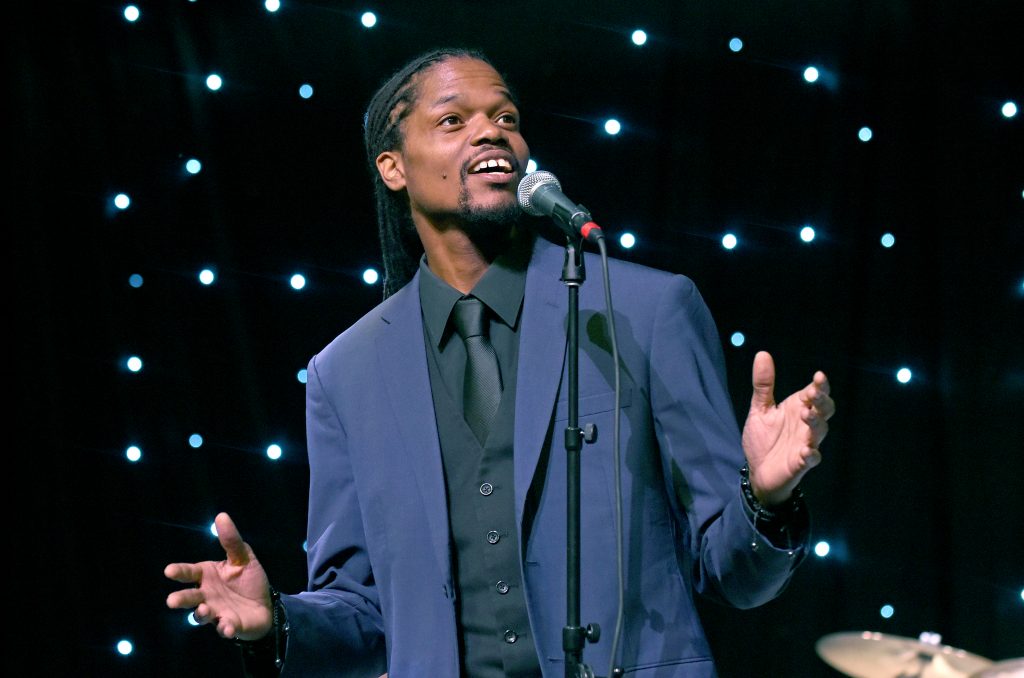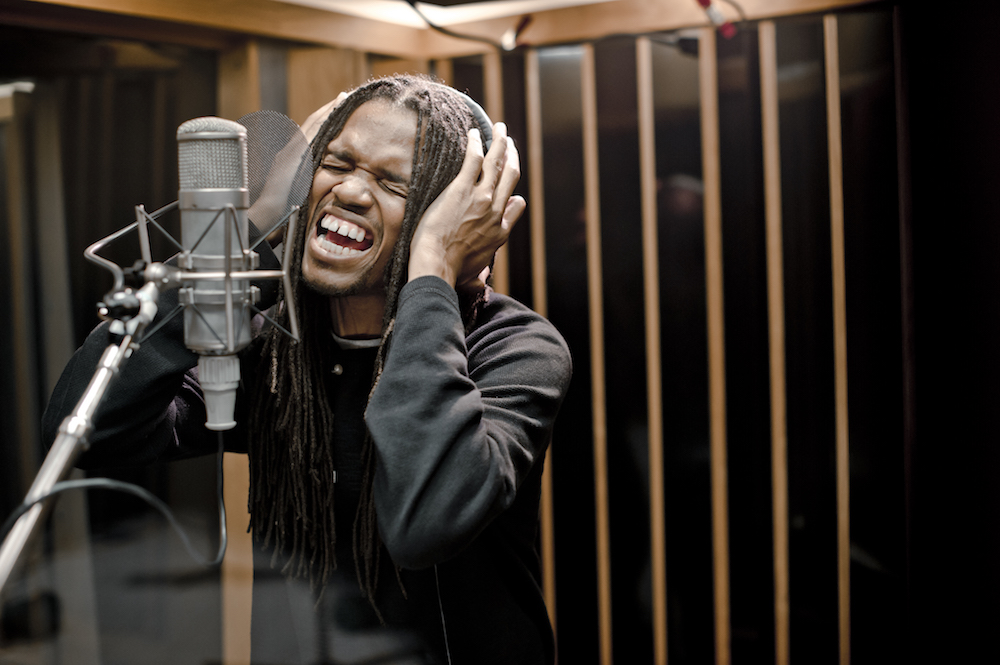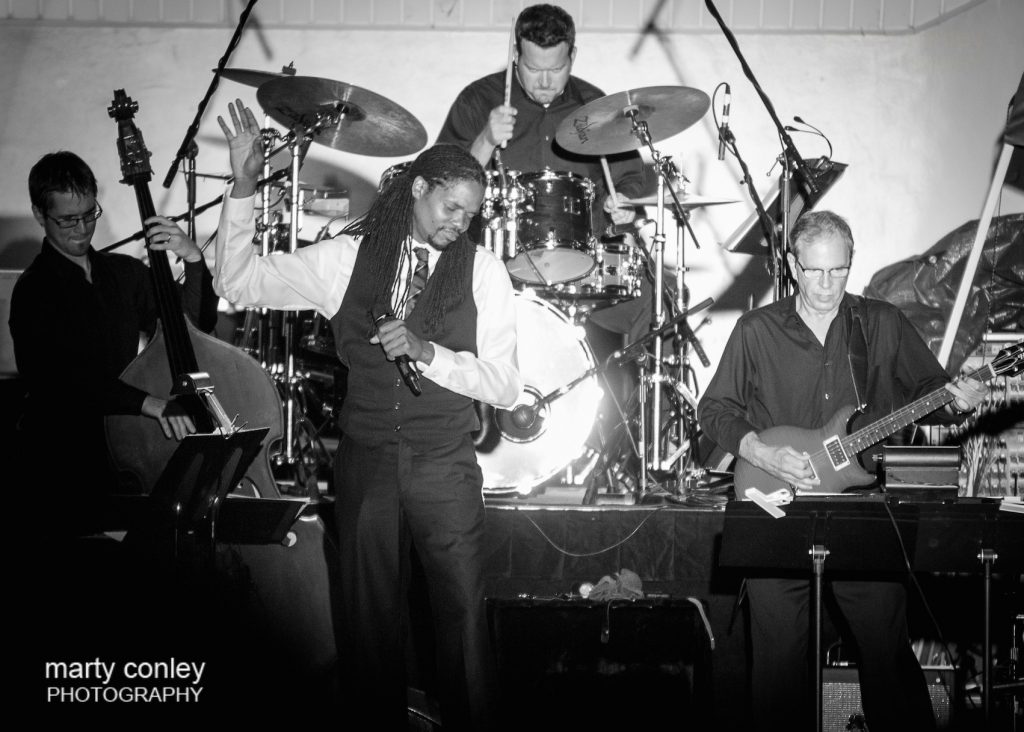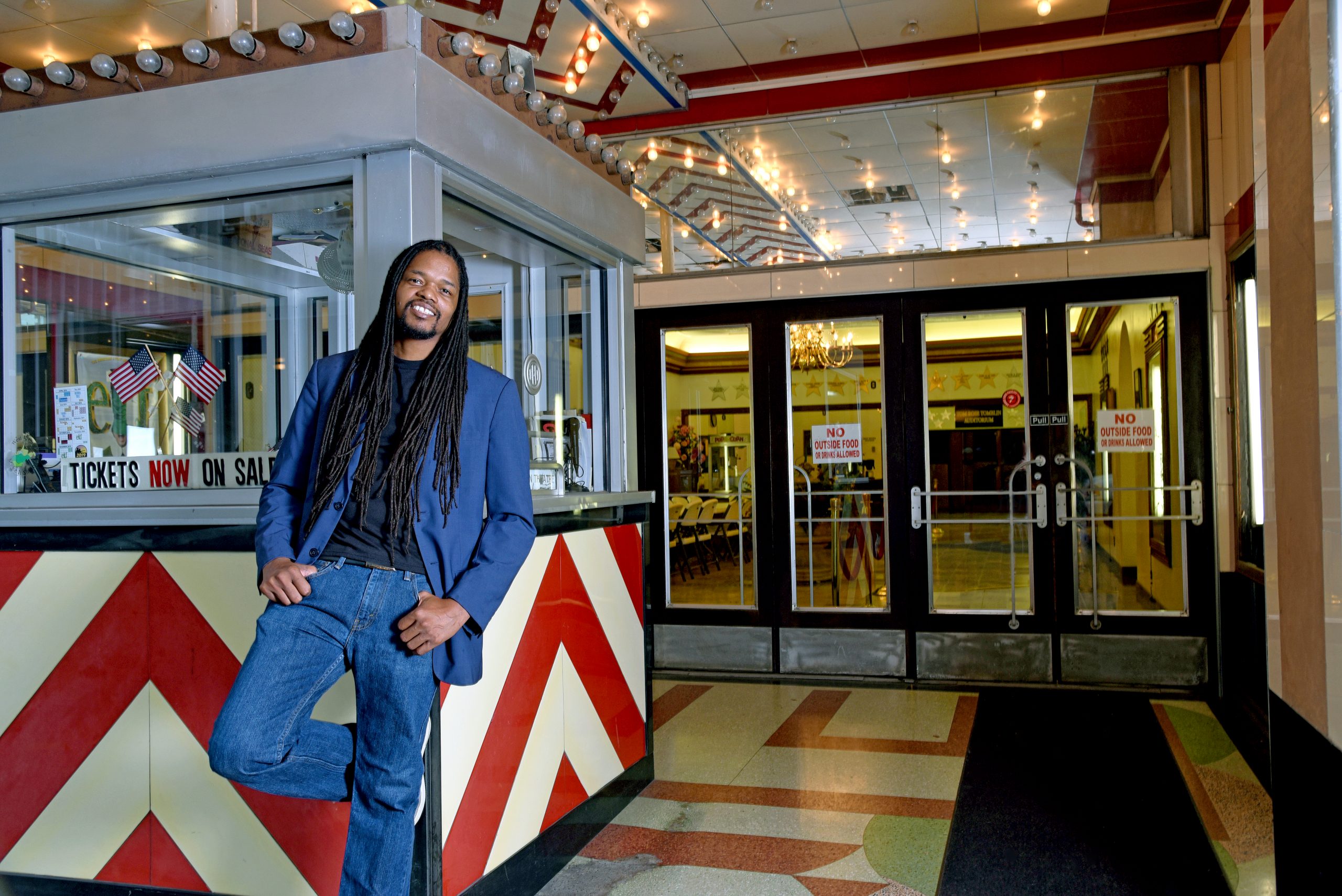It can be a monumental task to revive a musical style.
Finding new listeners is as troublesome as getting old ones to move beyond nostalgia and try new songs or artists. Obscurity threatens on one side as music trends leave the old style behind, and on the other side, listeners demand the familiar hits instead of encouraging artists to experiment and move forward.
Decline isn’t final, though. Sometimes, a paradigm shift happens and new blood forges ahead. Bluegrass/Americana had a revival spurred by the Coen Brothers’ O Brother, Where Art Thou? When it came out in 2000. Millennials got into traditional country music that boosted artists like the Avett Brothers, Mumford and Sons, and Old Crow Medicine Show in the years afterward.
For jazz classics from the Great American Songbook, though, the revival of jazz, swing, and big-band music has yet to come. Frank Sinatra, Nat King Cole, and Dean Martin are still household names, but their musical successors branched out into rock, hip hop, and decidedly un-jazzy pop music.
At least one man, however, hasn’t given up on the standards.
Landau Eugene Murphy, Jr. first made his mark in 2011 when he appeared on America’s Got Talent. Chewing gum during his audition, Murphy came out of Logan County, West Virginia and surprised everyone by singing Frank Sinatra and other jazz classics.
“No one had ever seen nobody like me. No one had seen a guy that looks like me, 6-foot-4 with dreadlocks singing like Frank Sinatra,” Murphy said.
Murphy won season 6 of AGT, headlined a show in Las Vegas, and over the next decade released four albums, performed around the world, and published an autobiography.

Despite a busy touring schedule, Landau still lives in Logan County. He spent his teens and part of his 20s in Detroit before returning to West Virginia, but kept ties to Appalachia in the interim.
Detroit had “a lot of concrete playgrounds,” Murphy said. “It was weird not seeing a creek or not seeing a mountain. Catching frogs or salamanders, crawdads, things like that I missed. You had to actually go way, way out, beyond the outskirts of the city to find those things, but it was hard to do because they didn’t see people of my color out there.”
Murphy’s attempts to explore the woods and embrace nature around Detroit wasn’t frictionless. He would get harassed by police and other people who would take notice of someone who seemed out of place. His experiences taught him the value of living in a place like West Virginia.
“It was those little things that made me appreciate home and the fact that I could sleep with my door open in West Virginia, but couldn’t do that in Detroit.” he said. “You had to watch your neighbor in Detroit.”
Murphy wasn’t alone in having an Appalachian connection.
Yesterday and today, many Appalachians ended up in Detroit and those family ties remain. “It’s a lot of people in Detroit whose grandparents are from Huntington,” Murphy said. “That’s why they call it ‘Monington’—because it’s Motown and Huntington—so you got a lot of grandkids that was born and raised in Detroit, but their grandparents or great-grandparents are from places like Virginia or West Virginia or Kentucky.”
He would still visit cousins and return to West Virginia for funerals; the ties that bind are not so quick to loosen.
Touring the world, he still runs into West Virginians, be it when he performs at the California State Fair or when he sings in Shanghai, China. West Virginians aren’t the only ones who recognize him, either: the Sheik of Dubai once picked him out in Texas, of all places. Murphy’s personality leaves an impression on many, as do his attempts now to keep the jazz standards alive.
Keeping the jazz standards alive, though, requires something dynamic.
Murphy isn’t content to sing “My Way” or “New York, New York” every night (especially when he’s in Colorado or Georgia). He wants to go beyond covers and release originals. To that end, he’s released “This Thing Called Love,” “Come Home to West Virginia,” and “Light Up the Night with Love” so far, offering something new to a crowd that may be coming out primarily for Sinatra hits. His new album will be all original tunes, no covers.
“I wanted all originals so I can actually put my name in the Great American Songbook alongside all those greats,” Murphy said.

When his first album came out, Murphy reached #1 on the Billboard Jazz charts, beside Nat King Cole, Tony Bennett, Adele, and Frank Sinatra, and stayed there for 12 weeks. That powered his ambition to give the public something original and to make the genre appealing to the young.
“I want to leave that legacy to the next generation that’s coming up on jazz…they’re not gonna be talking about Nat King Cole, they’re gonna be talking about Landau,” he said. “I’m giving people those memories, giving people those stories; it’s my time.”
Without that new time, decline threatens the genre. If the old jazz standards stay the same, the fanbase will age out and the style will become another dead branch of American music.
“The problem with the genre, to me, is so many people keep singing the same songs over and over and I, myself included, you get trapped in that world,” Murphy said. “But the thing is to keep putting out originals, make them sound like those greats, then you can keep the genre alive.”
Sinatra, Cole, and Martin can’t do it alone.
“Everybody from that era is gone, and now there’s that new place for all of that to happen again, but so many people are holding on to the past. They’re not allowing it,” Murphy said. “Our job is to give them the same feeling, but give them something totally new. ‘Long as they got that same feeling, they’re not gonna miss [the old].”
“A lot of people want to take those songs and bend it a little, call it ‘bending the standards,’” Murphy said. “Why bend it when I can just write something new…and then go from there?”

Not that Murphy is a bomb thrower. But the writing is on the wall. There’s “just something in me, something I want to do,” Murphy said, in moving the music forward. And developing the music doesn’t have to take a dark, brooding tone. Murphy wants to make sure his listeners enjoy themselves.
“When it makes me feel good, I want to sing. That’s how I pull out all my songs; [if] it makes me feel good inside, I’ll make them feel good on stage,” Murphy said. “A lot of the songs I sing are blue sky, puffy-cloud songs, makes you feel like skipping, singing ‘la la la.’”
“It’s all uplifting music,” Murphy said. “It’s a tremendous blessing to be able to get on stage and actually give people those same feelings.”
Murphy’s 2022 is a return to form: his touring schedule is already booked up through Christmas and New Year’s Eve. He’s doing two shows at the Greenbrier Hotel in West Virginia in February, then he’s off to Tennessee, Dubai, Florida, back to West Virginia, California…singing in new venues at a dizzying pace. As the year winds down, his next album will drop (or in early 2023).
The jazz classics still attract big crowds, tapping into a desire for an American music that’s too often overlooked.
“I just want to bring back that whole feeling, man, but I want it to be mine—I want it to be mine—this time. I’ve done the Frank Sinatras, I’ve done the Nat King Coles, the Cole Porters, everything; I’ve done all that. So now it’s Landau’s turn, time…to represent the state of West by God Virginia, almost Heaven.”
Subscribe to The Patch, our newsletter, to stay up-to-date with new expatalachians articles and news from around Appalachia.
Anthony Hennen is managing editor of expatalachians.


